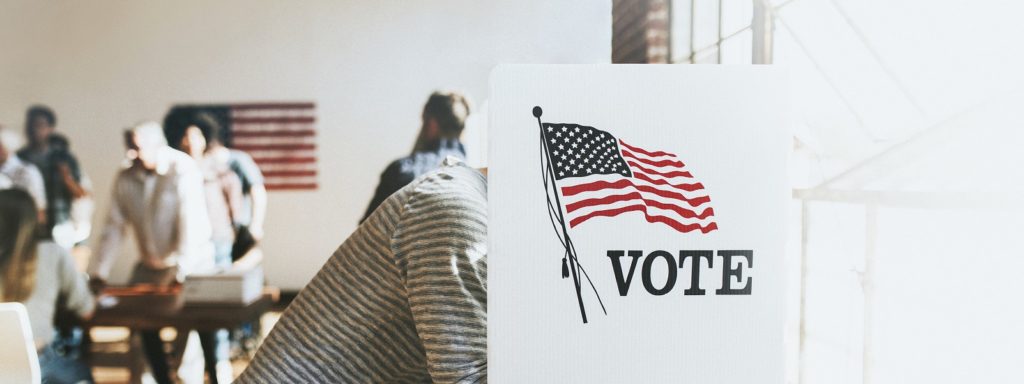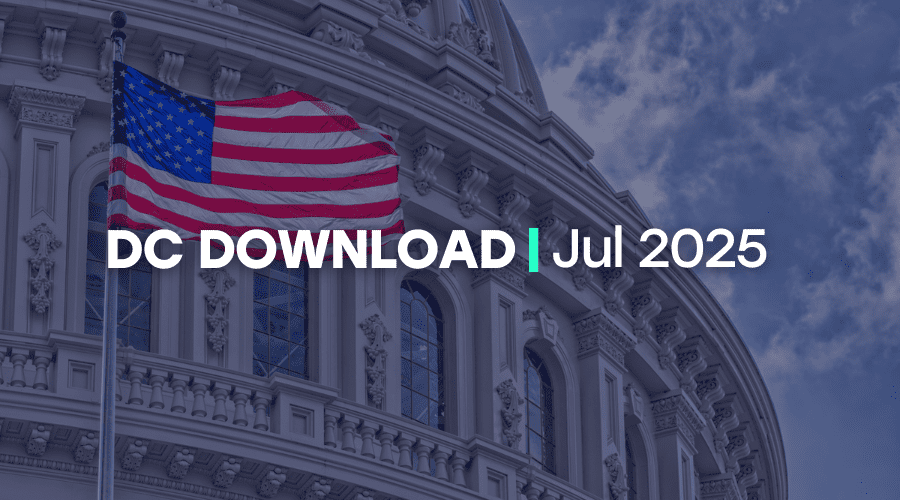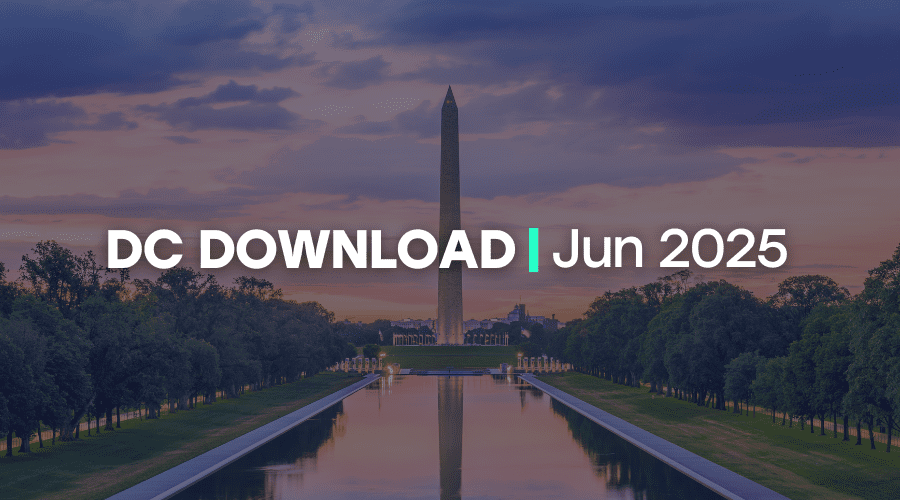I have grown up and lived my life as a (mostly) good Presbyterian – and have tended not to appropriate faith-based language or constructs for use in a secular context. I do have one exception, the trinity (lower case “t”).
Three equally critical components of the larger whole. In this case, the larger whole in mind is a healthy, vibrant civil society in the United States that animates and binds us in a way that we need quite desperately now.
For sure there are many ways to measure the health of a society and its civic underpinnings. However, I routinely come back to the same three:
- We need people donating to the causes that capture them;
- We need people volunteering for the organizations that give them hope, joy, or insight;
- And we need people using their voices to advocate on the issues that drive them and, ultimately, taking that voice to its highest form – casting a vote.
Let’s talk about some important developments that need your attention on these fronts.
Charitable Giving
Despite a seemingly positive headline from the latest Giving USA report, trends regarding charitable giving in the U.S. continue to be a cause for concern. While it is true that giving, as reported by Giving USA, is up in 2019, it is up only in comparison to 2018, a very lackluster year for giving. Adjusted for inflation, giving in 2019 was down in comparison to 2017 by approximately $1 billion — and in a strong economy. And, in the trend that worries me more than any (and a trend I wish Giving USA would report annually), the number of individual donors in the U.S. continues its well-documented and lengthy decline.
The recently released Fundraising Effectiveness Project report for the first quarter of 2020 shows a drop in overall giving and a continued slide in the number of donors in the U.S. In short, we have a pipeline problem that is getting worse, not better.
This week, legislation was introduced by Senator Lankford and a group of bipartisan Senate colleagues that could help reverse this giving trend. This legislation would provide an “above-the-line” charitable deduction for those not already itemizing their taxes for all of 2019 and 2020. This legislation builds on the provisions of the CARES Act, passed earlier this spring, increasing the deduction from the $300 cap to one-third the amount of the standard deduction for the individual – so roughly $4,000 for an individual and $8,000 for married/joint filers. Importantly, this bill also allows taxpayers to file an amended return to claim the deduction for 2019. And just yesterday, a companion, bi-partisan bill was introduced in the House by Representatives Walker and Pappas.
This is a critically important and hard-fought first step toward greater fairness in the tax code. Those who choose to make charitable donations should be eligible for the same giving incentive, regardless of whether they itemize. Passage of this bill, we hope as a core part of the next round of COVID-19 legislation, will take work by all of us. Please take 1 minute today to urge your Senators to join the effort by cosponsoring the Universal Giving Pandemic Response Act and supporting its inclusion in the next COVID-19 relief package.
Healthy Elections
Stacey Abrams, founder of Fair Fight, recently wrote in The New York Times that urging people to vote can feel like an “inadequate response” to the repeated killing of Black men and women at the hands of police. “Go vote!” can feel like a slogan, a dismissive afterthought.
She goes on to write, however, that voting is the essential first step in breaking open and solving the systemic barriers – whether economic, health-related, or within the policing system – that prevent all people living in the U.S. from thriving. Changes to those systems are made, in important part, by women and men we elect to take on that responsibility. Voting is not enough, to be sure, but voting is where it starts.
We know that the constitutionally given right to vote this November will be challenged by the COVID-19 pandemic. Elections need to be fair and they need to be safe. The reality is that for many, especially those in the highest risk categories and those living in communities already disproportionately decimated by this virus, going to the polls this November may not be safe.
It is simply unfair – and it is unnecessary – to force Americans to make a choice between their safety and their constitutional right to vote.
Supported by mayors and governors of both parties, states and local governments are taking steps to make sure that people can safely vote from home with mail-in ballots, and that polling places and poll workers are following the best health protocols. This takes resources, and they must reach those state and local governments by September of this year to ensure uniform and sound systems are in place.
There was an important step forward in the CARES Act that provided a down payment of $400 million on the work of making 2020 elections safe and healthy. Independent Sector was proud to advocate alongside some of you for these provisions. But the provisions in the CARES Act fell $3.6 billion short of getting the job done. The balance of that funding was included in the House-passed bill known as the HEROES Act.
As the Senate writes its own version of the HEROES Act, and as negotiations begin with the House, we urge you to contact your Representatives and Senators to make sure the full $3.6 billion in funding for healthy elections is included in the final package. The time is NOW. The resources are needed now.
Giving. Volunteering. Advocating and Voting. They won’t solve everything. But they are essential tools we hold to make it just a little more likely that all people live full and healthy lives in equitable communities. Please take a few minutes to make those tools stronger and better.



